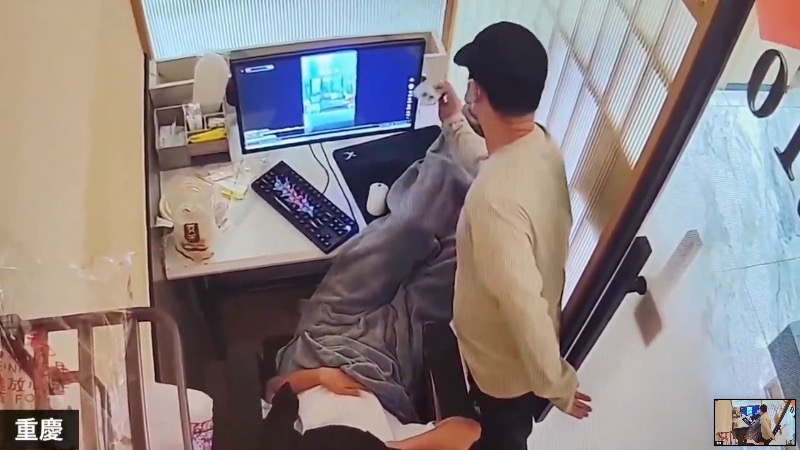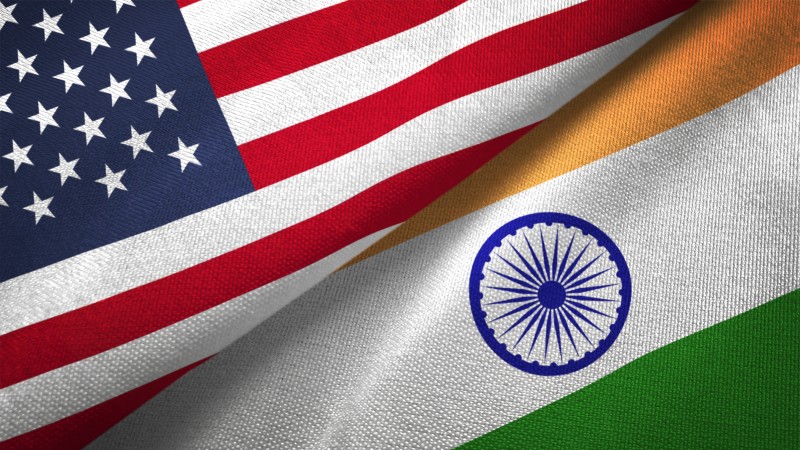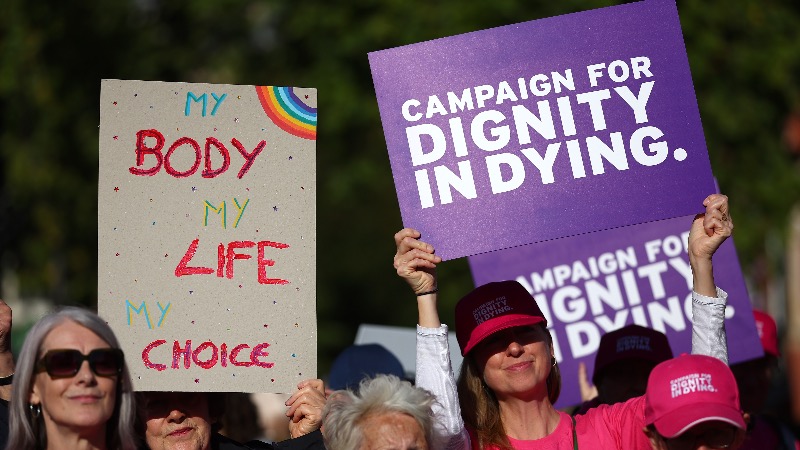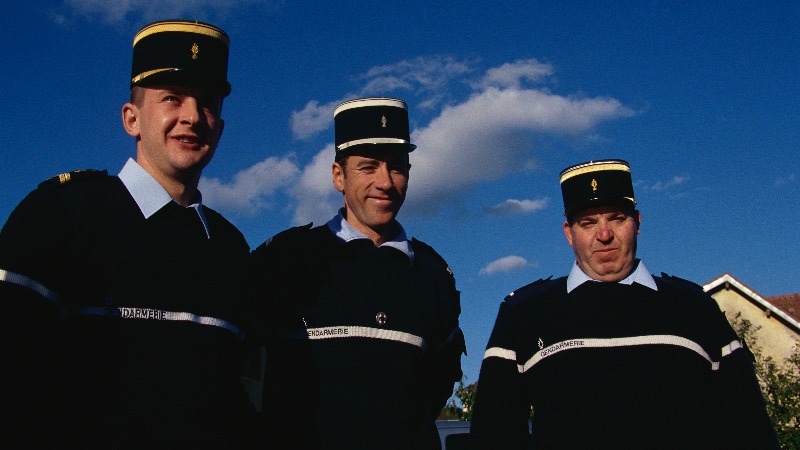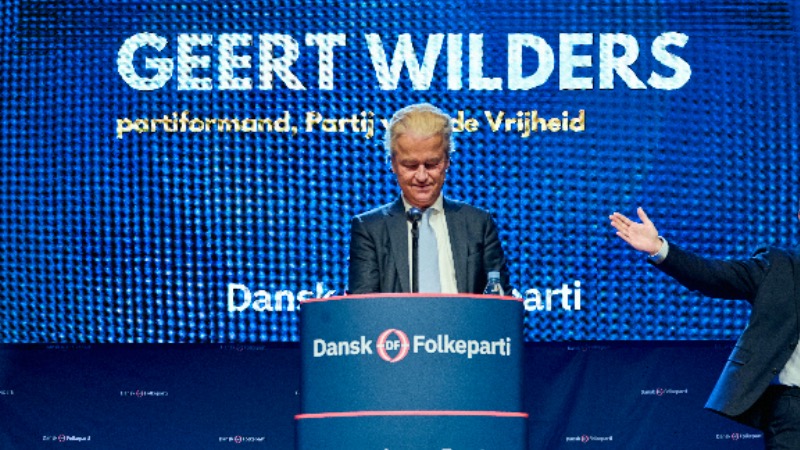 Image Credit: MIKKEL BERG PEDERSEN / Contributor / Getty
Image Credit: MIKKEL BERG PEDERSEN / Contributor / Getty Dutch Deputy Prime Minister Mona Keijzer, speaking in WNL Op Zondag, expressed her deep concern about the decline of freedom in the country. She believes this is the result of failed migration policies and the growing influence of Islamic culture—an issue that has become a key topic in the upcoming Dutch elections, scheduled for October 29.
The leading member of the agrarian populist Farmer-Citizen Movement (BBB) also pointed out that Dutch comedians no longer dare to joke about Islam, fearing for their own safety.
Keijzer said she doesn’t want to wait until it’s too late. “Governing means anticipating,” she argued. She is now calling for amendments to the Public Demonstrations Act to prohibit the occupation of public streets for prayer, which she believes are necessary measures to protect public order and neutrality.
We must act now—not just when things go wrong.
The deputy PM emphasized that she grew up “in a country where face coverings weren’t normal.” She opposes the normalization of face coverings and headscarves in education and politics, arguing that they are not part of Dutch culture. Keijzer cited feminist Joke Smit, who already warned against ongoing cultural oppression under the guise of freedom as early as the 1970s. However, the minister strongly believes that the Netherlands should set clear limits on cultural symbols incompatible with Western values.
On the other hand, Geert Wilders, leader of the right-wing populist Freedom Party (PVV), has repeatedly described October 29 as the “D-day of the Netherlands.” The country has been pushed to the edge of a cliff in terms of security, he said. Wilders attributes the current social crisis to the country’s long-standing open-border policy, which he blames for a sharp rise in crime.
The Dutch are in deep trouble. But I will stand up for the millions who believe something must change.
Wilders also voiced his frustration on X:
The Netherlands can’t handle it anymore. The influx of asylum seekers. The crime. The misery.
Nederland kan het niet meer aan. De asielinstroom. De criminaliteit. De ellende.
— Geert Wilders (@geertwilderspvv) October 21, 2025
Laat de #PVV deze puinhoop opruimen.#StemPVV! pic.twitter.com/lm3aGd89a9
The number of people dissatisfied with the growing number of migrants in the country has risenin recent days. On the evening of October 14, for example, around 300 people gathered outside the town hall of Houten to oppose a 337-person asylum shelter planned on an industrial estate. The demonstrations led to clashes with police, leaving at least seven people under arrest.
This issue is currently in the political spotlight in the Netherlands, as the October 29 elections could prove decisive in determining the country’s future direction on migration policy. According to the latest polls, Geert Wilders’ Freedom Party would currently win 34 of the 150 seats in the House of Representatives, ahead of the left-wing, pro-immigration Socialist-Green coalition (GL-PvdA), which would only have 25 seats if the election were held today. However, the largest party in the current government coalition, the centrist Dutch People’s Party for Freedom and Democracy (VVD), would finish in fifth place, with only 15 seats.
The Dutch Right has been gaining strength in recent weeks, but it remains deeply fragmented. However, the post-election coalition negotiations will ultimately determine which course the Netherlands takes on migration policy in the coming years.
